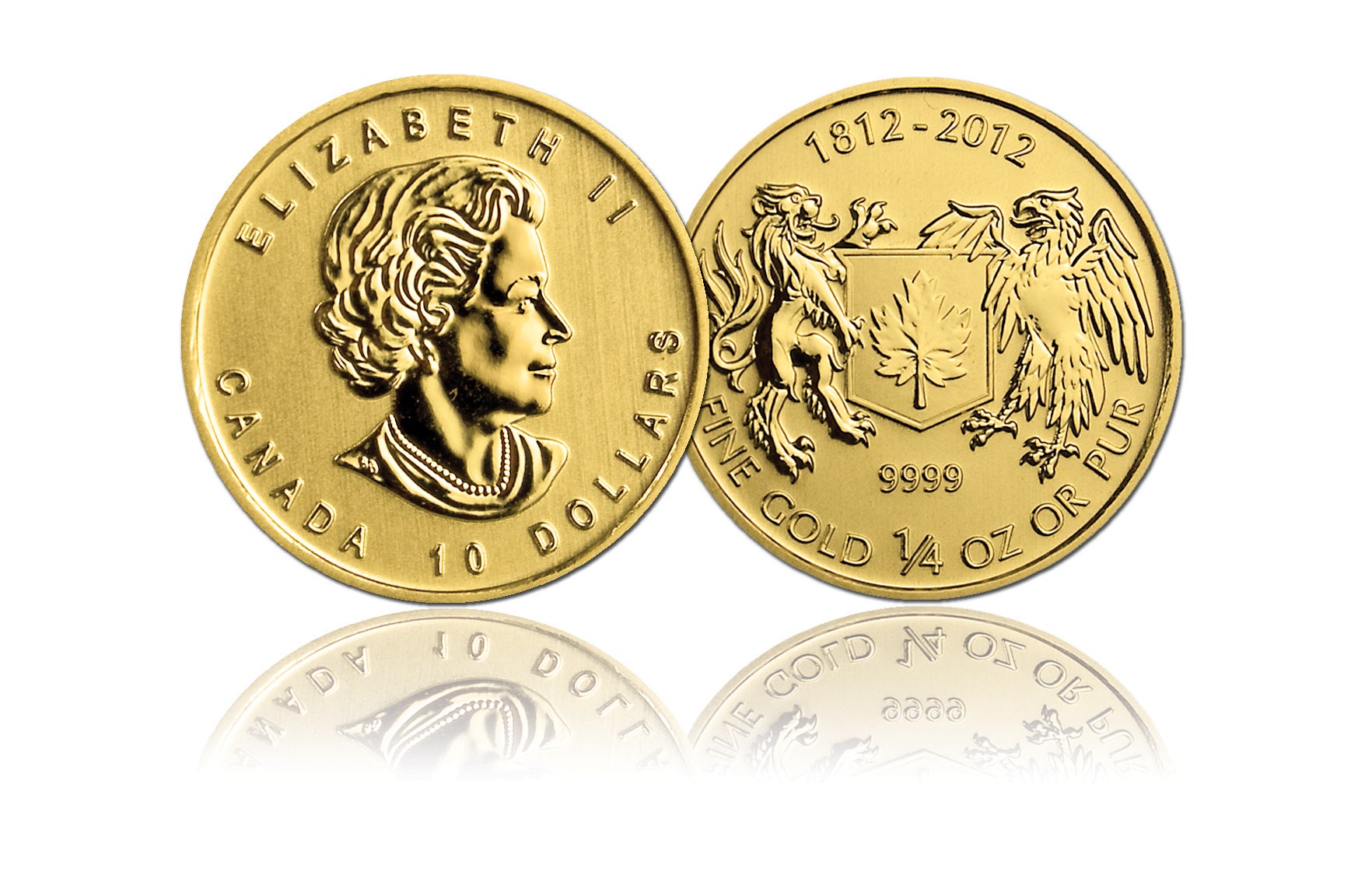Ads for investing in a “gold IRA” are a mainstay on conservative media, including Fox News. But according to a recent report by The Washington Post, the companies behind those ads are facing increasing scrutiny in government agencies and courtrooms.
State and federal regulators have accused the companies of fraud and some investors are claiming they lost tens of thousands of dollars. Companies selling the gold have defended their practices, saying they were transparent about fees.
Washington Post reporter Jeremy B. Merrill recently appeared on Wisconsin Public Radio’s “Central Time” to discuss his reporting on the “gold IRA” industry and how to avoid trouble while making investment decisions.
Stay informed on the latest news
Sign up for WPR’s email newsletter.
The following was edited for clarity and brevity.
Rob Ferrett: If I see these advertisements and want to invest, what happens? What do I get?
Jeremy Merrill: With the “gold IRA” industry, most of these companies are selling bullion coins, which means the coins get their value from being made out of gold or silver. They don’t have any special historical value. In many cases, they happen to be made by the government of Canada, of all places. (The government) sells bullion coins that are well known called Maple Leafs, as well as some weirder ones that have polar bears or other Canadian wildlife.
RF: You talked to Ed DeSanto, a 65-year-old medical coder who is semi-retired in Florida. He identifies as politically conservative. He put $100,000 into these coins. How much value in gold and silver did he end up getting?
JM: The weight of gold and silver he got was worth only $52,000, which is a big loss. He invested in 2019, which turns out to have been — if you had the power of hindsight — actually a pretty good time to buy gold and silver because the prices have gone up since then. The price of gold and silver goes up. It goes down. It goes up. It goes down, much like anything else that you could invest in.
But for his $100,000 investment, he cashed out a lot of it this spring. He still lost money, despite the fact that the market had gone up more than 30 percent. That’s in large part due to the commissions that he was charged by American Hartford Gold Group, the company that he invested with.
RF: A lot of these companies provide these coins. But if we’re calling it an IRA, are they storing gold somewhere for you? How does it work?
JM: In many cases, the gold is stored at a third-party depository — basically a bank. In the cases of the companies in my article, the gold and silver really do exist. There’s just this question over whether the customers really understood what they were getting. The companies say their disclosure practices are all totally legal. The customers say they were shocked when they figured out what they had actually gotten.
But there have been some instances, including in the past year and going back as far as ancient Babylonia, of cases where people thought they were buying gold and it didn’t really exist. It wasn’t really in the vault. So, there are all sorts of shenanigans that can take place. In this case, a lot of people are using this totally legal but obscure practice to invest from their retirement savings in these products.
RF: What is some advice experts shared with you about how to make these purchases smartly and safely?
JM: The first thing to do is make sure that this is the choice you want to be making. Don’t fall for someone’s marketing as far as what you ought to be doing with your investment because it’s your retirement savings. So, that’s really important. You’re depending on that.
Some of the best advice I heard was actually from Leslie Van Buskirk, who is the administrator of the Division of Securities at the Wisconsin Department of Financial Institutions. She was pointing out that every dealer charges some sort of markup because they have to pay their rent. Some of the reputable dealers charge a relatively small markup. It’s far, far higher than you’re going to see on stocks and bonds in general. But it’s much smaller than some of these “gold IRA” companies have allegedly charged.
So, figure out for whatever someone is proposing to sell you, how much you could sell it for to someone else. (That is) not how much the salesman says he might buy it back for later, but how much you can sell it for tomorrow at a local coin store two towns away down the freeway in case you needed to cash out because that’s how much it’s actually worth.
Wisconsin Public Radio, © Copyright 2025, Board of Regents of the University of Wisconsin System and Wisconsin Educational Communications Board.






